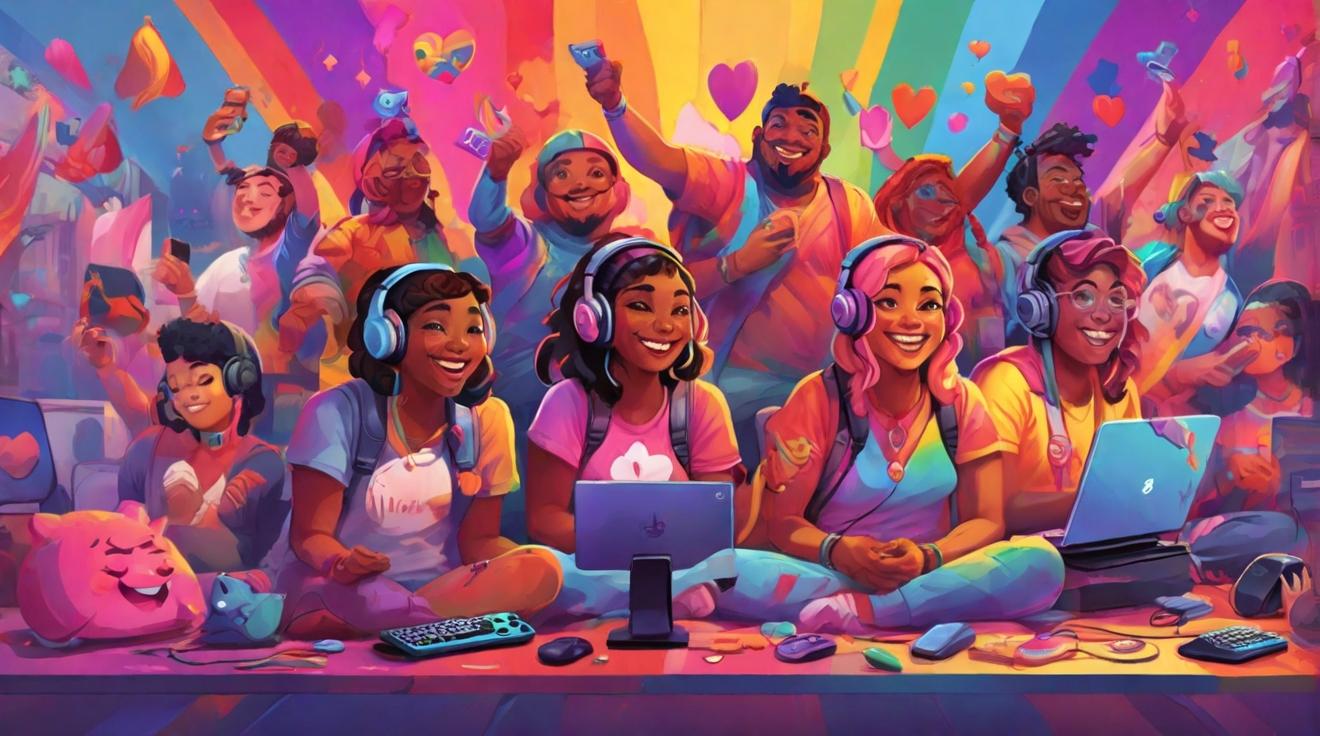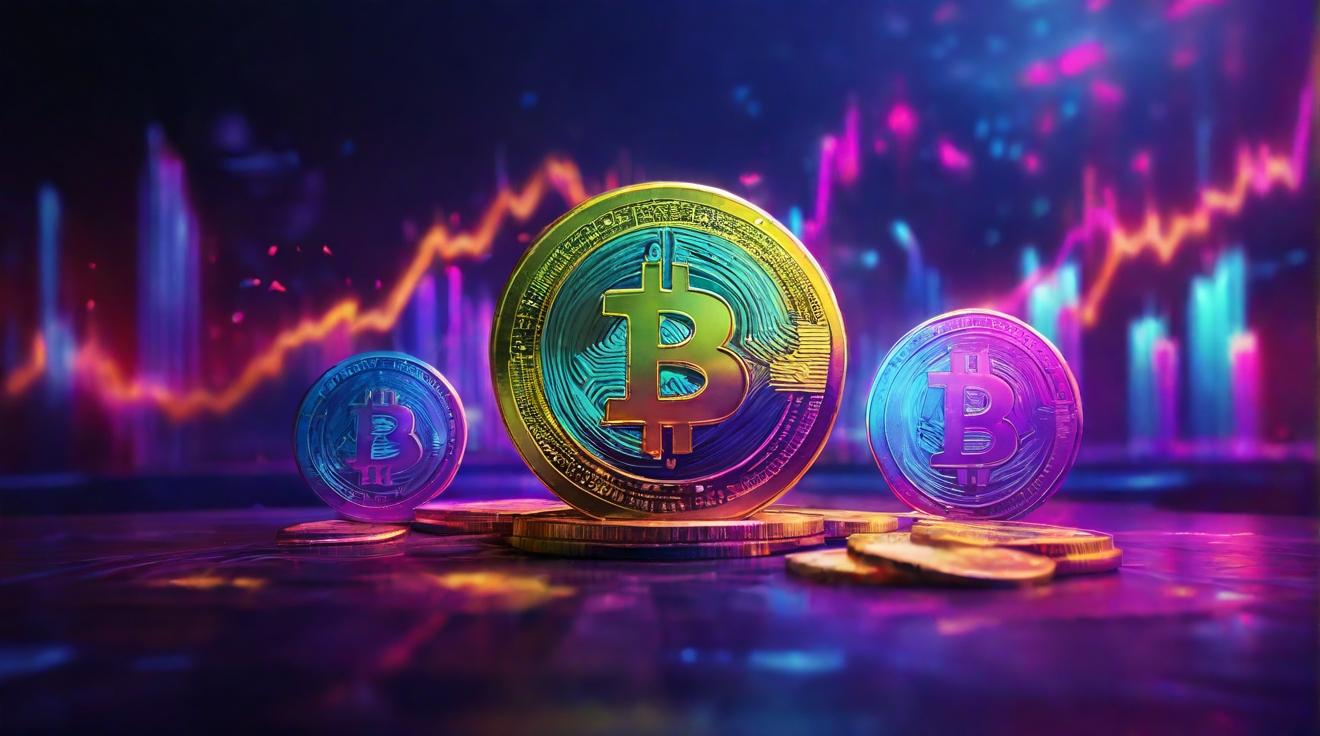17% of Gamers Identify as LGBTQ, Up from 10% in 2020, GLAAD Report Finds
A groundbreaking report from nonprofit LGBTQ advocacy group GLAAD, conducted in partnership with Nielsen Games, reveals that 17% of active gamers identify as LGBTQ, indicating a significant increase from the 10% reported in 2020. The report, the first of its kind, highlights the growing importance of LGBTQ representation within the gaming community.
The survey included 1,452 avid PC and console gamers from the United States and was conducted during July and August of 2023, with a focus on the LGBTQ gaming population. The findings shed light on the level of engagement, spending habits, and preferences of LGBTQ gamers compared to their non-LGBTQ counterparts.
Surprisingly, the study found that LGBTQ gamers demonstrate a similar level of dedication and spend comparable amounts of money on games as non-LGBTQ gamers. They also tend to play the same genres across similar platforms, with a slight preference for Nintendo platforms, likely due to affordability and a younger audience demographic. However, the research noted that Nintendo’s Switch eShop had the lowest count of games featuring LGBTQ characters or storylines, suggesting a need for greater inclusivity.
The report highlights the positive impact of LGBTQ representation in games, particularly on the self-esteem of LGBTQ gamers. A significant majority, 72%, reported that seeing characters that reflect their gender identity and/or sexual orientation boosts their self-esteem. This percentage increased to 78% among LGBTQ gamers aged 13 to 17. Additionally, gaming provides a form of expression that LGBTQ gamers may find uncomfortable in real life, with 66% stating that gaming offers them a platform for self-expression.
It is worth noting that over 60% of non-LGBTQ gamers expressed indifference toward having an LGBTQ main character in games, while an additional 10% showed a willingness to buy or play a game with LGBTQ representation. This underlines the misconception among gaming companies that there may be resistance to LGBTQ content, highlighting a disconnect between industry assumptions and gamer demographics.
GLAAD’s report concludes with several recommendations for the gaming industry. It advocates for increased LGBTQ representation in games to align with the percentage of gamers who identify as LGBTQ. The report also emphasizes the importance of inclusivity, acceptance, and the responsibility of gaming companies to create more inclusive communities. Additionally, GLAAD suggests consulting with LGBTQ media content experts and encourages the hiring of LGBTQ individuals in leadership roles.
As the gaming industry continues to evolve, it is crucial for companies to recognize and embrace the diverse demographics within their audience and work toward fostering a more inclusive gaming experience for all players.
Analyst comment
Positive news. The market can expect an increased demand for LGBTQ representation in games. Gaming companies should focus on inclusivity and create more inclusive communities. There may be a need for more LGBTQ characters and storylines in games to align with the percentage of LGBTQ gamers.













